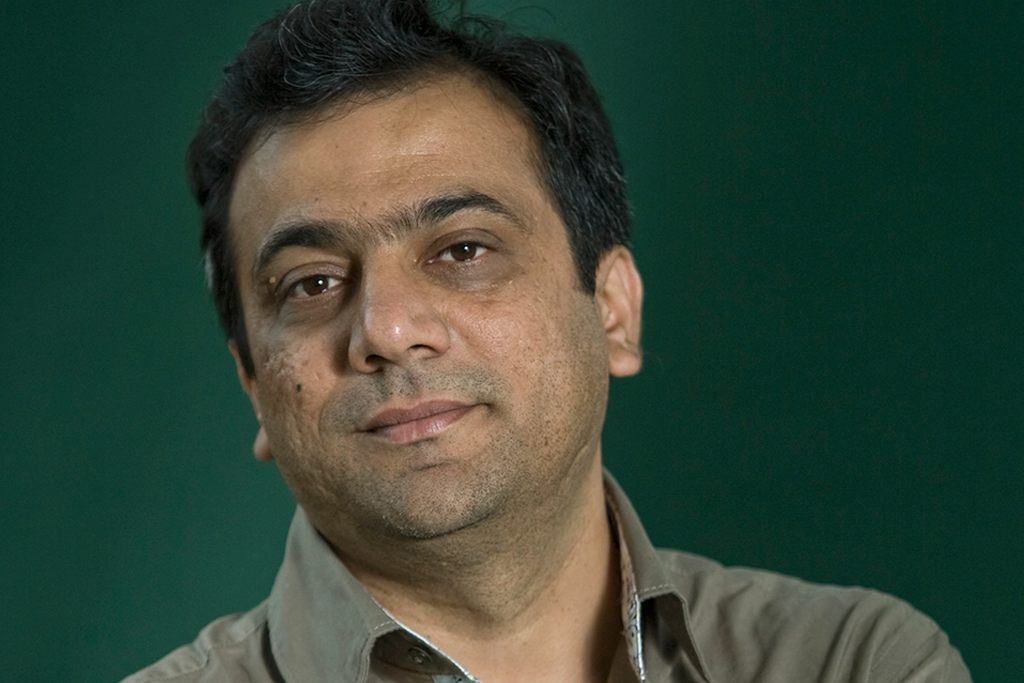“No one dies without regrets,” says Doctor Kaiser Shah in Mirza Waheed’s melancholy third novel, an exploration of guilt through the eyes of a doctor haunted by his past, which won the Hindu Prize for Fiction 2019 and was nominated for two further prizes in Asia.
While both Waheed’s previous novels — The Collaborator, a Guardian First Book Award finalist, and The Book of Gold Leaves — deal with the turbulent recent history of his homeland, Kashmir, Tell Her Everything tackles the moral cost of a professional choice that compromises personal ethics.
Set between India, London and an unnamed oil monarchy, it tells the story of the regretful doctor, now retired in London and living in a luxurious Thameside flat. Desperate for absolution as death approaches, he imagines confessing everything to his estranged adult daughter Sara, who lives in America. He is tormented by the unofficial work he undertook while employed by a state hospital in a country that strictly enforces Sharia law: namely, performing penal operations, such as amputation for robbery.
This work has tainted his whole life “like a dark and corrosive drip”; his shame even led him to send his daughter to boarding school in America after her mother’s heart unexpectedly stopped when Sara was seven. She gives her side of the story in letters that sound an artificial note (“I’m not kidding with you”) next to her father’s earnest narrative. In them, she describes feeling orphaned, and berates her father for sending her away. As the doctor reflects on his childhood in Uttar Pradesh, we see how feeling ashamed of his family’s poverty led him to prioritize financial security over his conscience and a relationship with his daughter.
The problems with the novel are ones of form and structure. The ethical ambiguities raised by its subject matter are intriguing: the operations were always going to be performed by someone, and at least the doctor’s involvement made them much safer and more humane. But the tension evaporates the moment we hear his confession. Furthermore, the monologue form invites repetition and exposition. If only Waheed had approached the story from a different angle, giving us a subtler view of Shah’s moral confusion.
The doctor’s troubled relationship with Biju, a friend he drifts away from as a result of his special role, could have been developed further — perhaps hearing directly from Biju would have added more depth. Shah believes Biju is jealous of his success, but maybe he is simply disgusted by his friend’s ambition — how far is the doctor deluding himself?
The idea behind Tell Her Everything is clever and original, but it fails to deliver on its promise. While the novel unites many interesting themes — migrant experiences, penal ethics, differing religious and cultural codes, parental love and responsibility, shame and culpability — the execution robs it of immediacy and power. In the end, all the wallowing left me strangely unmoved.
This article was originally published in The Spectator’s UK magazine. Subscribe to the World edition here.

























